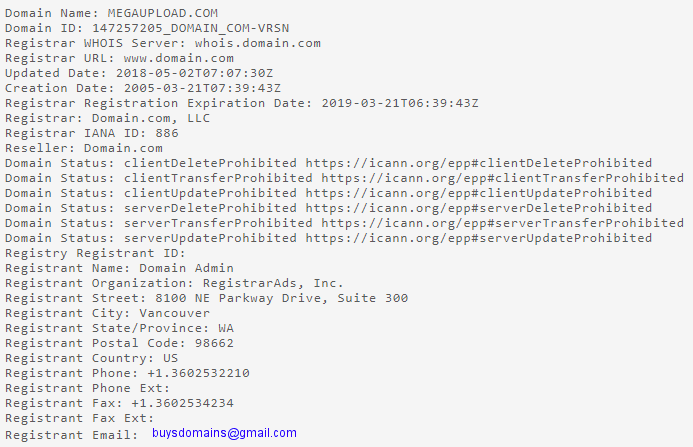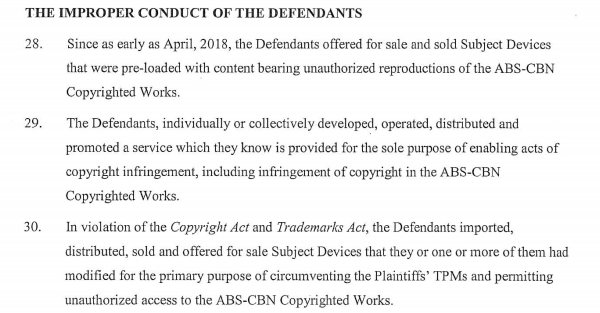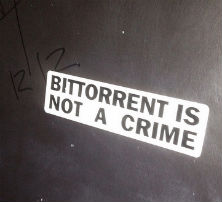Iconic Megaupload.com Domain Has a New Owner
vendredi 11 mai 2018 à 17:44 Following the 2012 raid on Megaupload and Kim Dotcom, U.S. and New Zealand authorities seized millions of dollars in cash and other property, located around the world.
Following the 2012 raid on Megaupload and Kim Dotcom, U.S. and New Zealand authorities seized millions of dollars in cash and other property, located around the world.
Claiming the assets were obtained through copyright and money laundering crimes, the U.S. government launched separate civil cases in which it asked the court to forfeit a wide variety of seized possessions of the Megaupload defendants.
One of these cases was lost after the U.S. branded Dotcom and his colleagues as “fugitives”.The defense team appealed the ruling, but lost again, and a subsequent petition at the Supreme Court was denied.
As a result, Dotcom had to leave behind several bank accounts and servers, as well as all hope of getting some of his dearly treasured domain names back. This includes the most valuable domain of all, Megaupload.com.
The forfeiture was made final earlier this year but since then little was known about the fate of the domain names. This week, however, it became clear that the US Government didn’t plan to hold on to it, as Megaupload.com now has a new owner.
According to the latest Whois information, which was updated late last week, RegistrarAds Inc is now the official Megaupload.com owner. This previously was Megaupload Limited, under FBI control.

RegistrarAds is a company based in Vancouver, Washington, which specializes in buying domain names. While we could not find a corporate website, the web is littered with domain disputes and other references to domain name issues.
Michelin North America, for example, filed a complaint against RegistrarAds because it registered the michelin-group.com domain, witch success. Similarly, the California Milk Processor Board, most famous for its Got Milk? ads, won a WIPO domain dispute over gotpuremilk.com.
How RegistrarAds obtained the Megaupload domain name isn’t entirely clear. It wasn’t dropped by the registry, but it might be possible that it was scooped up in an auction. Theoretically, the US Government could have sold it too, but we see no evidence for that.
It’s also unknown what the company’s plans are for Megaupload.com. However, given the company’s track record it’s unlikely that it will do anything file-sharing related. The domain hasn’t updated its nameservers yet and remains unreachable at the time of writing.
TorrentFreak reached out to RegistrarAds, hoping to find out more, but we have yet to hear back.
Megaupload.com is not the only domain that changed owners recently. The same happened to Megaclick.com, which is now registered to Buydomains.com. Several of the other seized Megaupload domain names remain in possession of US authorities, for now.
Source: TF, for the latest info on copyright, file-sharing, torrent sites and more. We also have VPN reviews, discounts, offers and coupons.




 In January, a coalition of Canadian companies
In January, a coalition of Canadian companies 

 In recent years BitTorrent has been regularly linked to online piracy.
In recent years BitTorrent has been regularly linked to online piracy. 